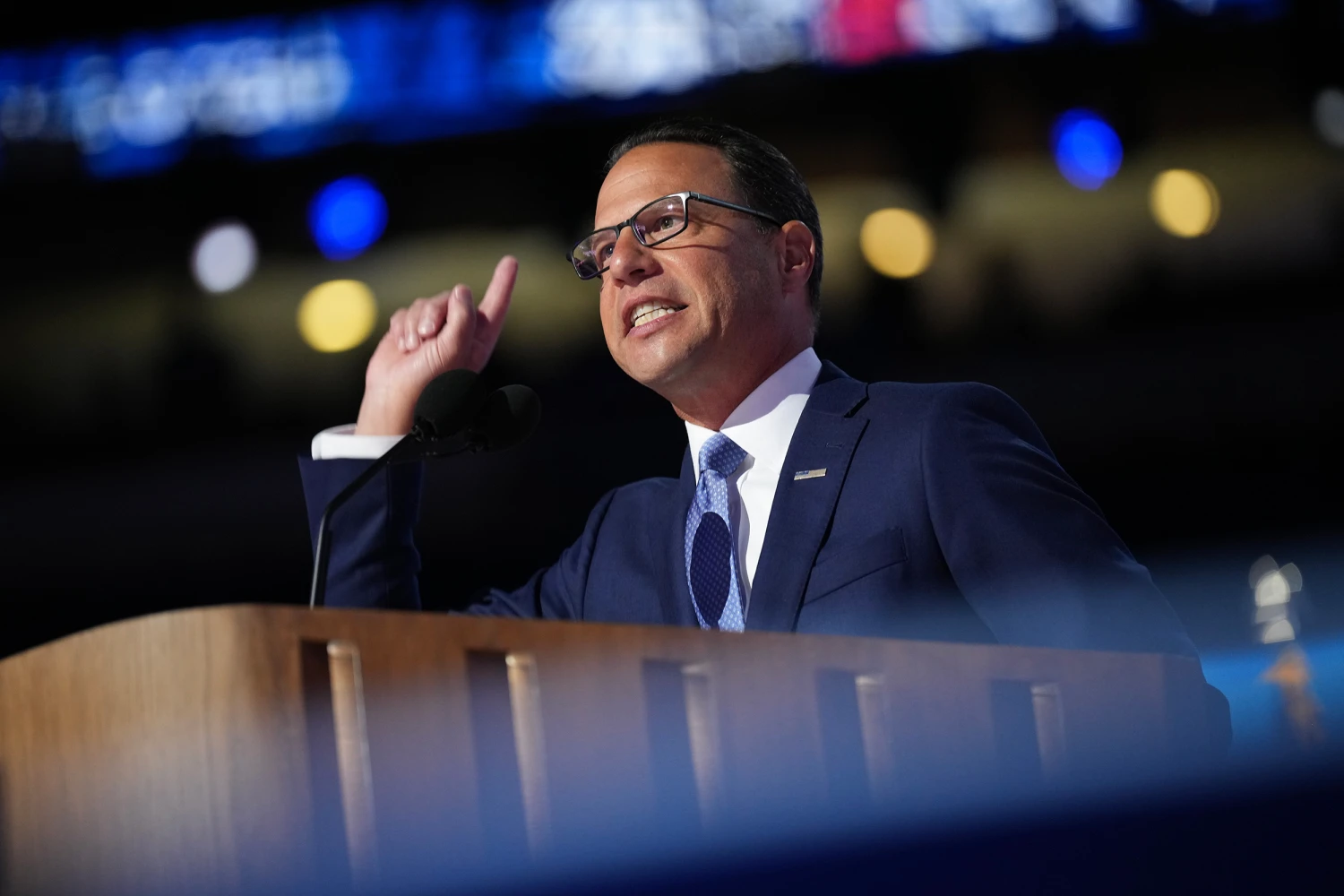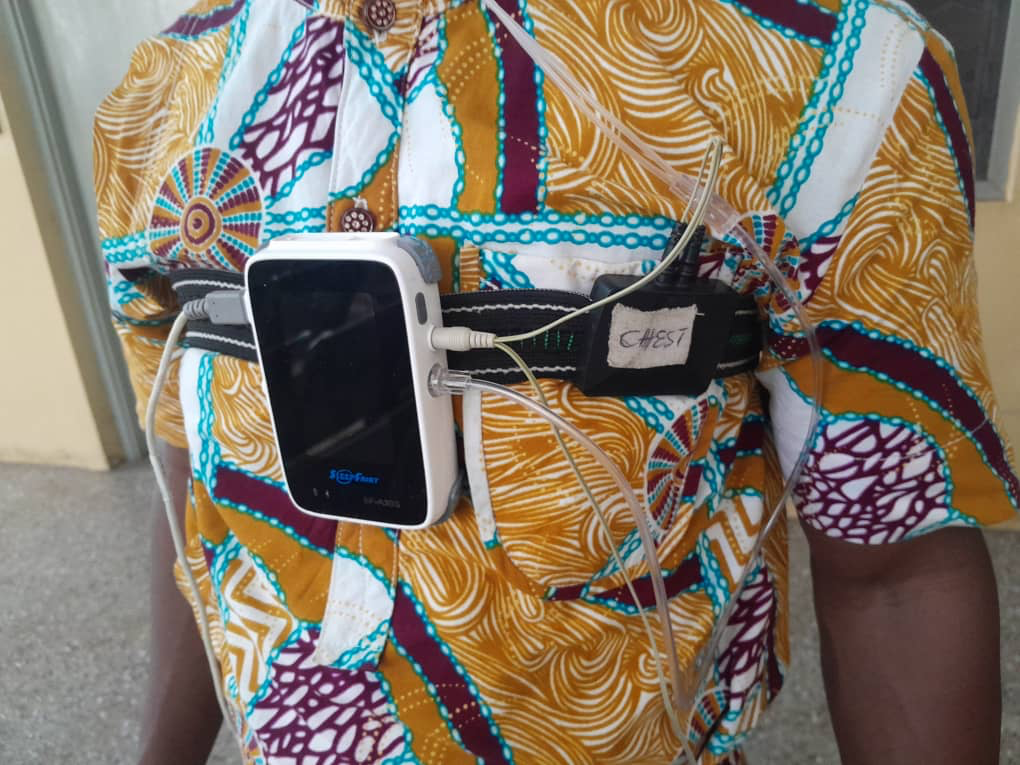By Staff Reporter
Copyright web

Staff Reporter
THE Minister of Health and Social Services, Esperance Luvindao, has said that the health ministry has started engaging directly with manufacturers to supply medicines, resulting in the ministry saving over N$200 million and ensuring the availability of critical medications.
The Health Minister explained that for the 2025/26 financial year, a total of N$1.8 billion was earmarked for the procurement of pharmaceuticals and clinical supplies.
“Despite this significant investment, we have faced severe challenges in recent years regarding the procurement of pharmaceuticals and clinical supplies, resulting in recurrent stock-outs in our health facilities. For the past two financial years, the service level at the Central Medical Stores has been less than 57%, falling short of our required target of a minimum of 80%. This shortfall has been attributed to several factors, including a lack of long-term procurement contracts; global supply chain disruptions; increased demand for pharmaceuticals; changing disease patterns; and limited storage and warehousing capabilities,” Luvindao said.
She added that these challenges have had a tangible impact on the care provided to patients.
“Imagine diabetic patients who rely on a consistent supply of insulin to manage their condition, or a mother unable to access the necessary prenatal vitamins for a healthy pregnancy. These are the realities that arise when our supply chain falters, and these are the situations we are determined to prevent,” Luvindao said.
She added that in addition to the recurrent low stock or stock-outs, the health ministry has also encountered challenges related to an inefficient and bureaucratic procurement system; a lack of accountability within the supply chain; substandard storage facilities; deficiencies in medicines inventory management systems at all levels; and inadequate security and risk management related to the stock of essential medicines and clinical supplies across the supply chain.
Moreover, Luvindao said that the absence of long-term contracts has placed the Ministry in a perpetual cycle of conducting emergency procurement to address shortages of medicines in health facilities.
“Allow me to build upon the 100-day Report of H.E. Dr Netumbo Nandi-Ndaitwah, President of the Republic of Namibia, which was delivered in July 2025. In that report, Her Excellency the President gave an update on progress towards delivering on the Namibian Government’s commitment to develop a Special Vehicle for Procurement to Address Shortages of Essential Medicines. In line with this commitment, the MoHSS is taking decisive action to address the challenges we face,” Luvindao said.
She added that to enforce the above action plan, on 13 August 2025, the Ministry activated emergency procurement protocols in response to widespread shortages of essential medicines.
“These actions were aimed at restoring long-term stock levels for about 75% of key pharmaceuticals. This situation demanded immediate action, and we responded swiftly to mitigate the potential adverse consequences. To ensure continued access to life-saving medications, the Ministry is now procuring directly from international manufacturers and wholesalers under emergency provisions of the Public Procurement Act 15 of 2015 and the regulatory exemptions provided by the Ministry of Finance,” Luvindao said.
She added that by going directly to the source, they can ensure that they are obtaining the best possible prices, quality, and quantities, thus stabilising the stock of medicines and essential clinical supplies over a long duration.
“We are pleased to report that the Ministry’s efforts to procure directly from international manufacturers and wholesalers are proving fruitful. In the initial phase, we engaged with 41 prequalified manufacturers and wholesalers, receiving offers for hundreds of essential medicines and clinical supplies. We have evaluated the offers made in Phase 1 and anticipate significant cost savings and improved supply security. In relative terms, these offers have potentially generated savings of approximately N$221.4 million, compared to the weighted average intermediary prices,” Luvindao said.



